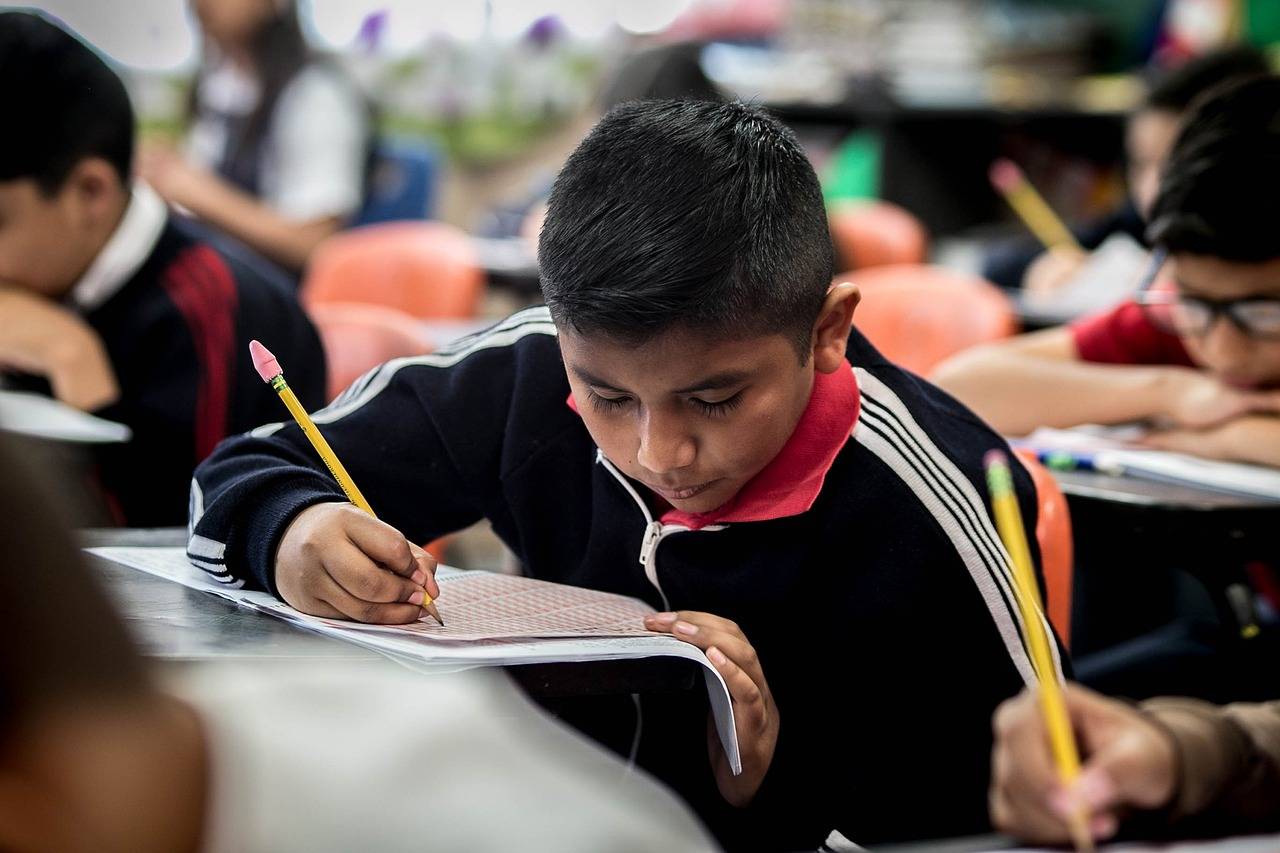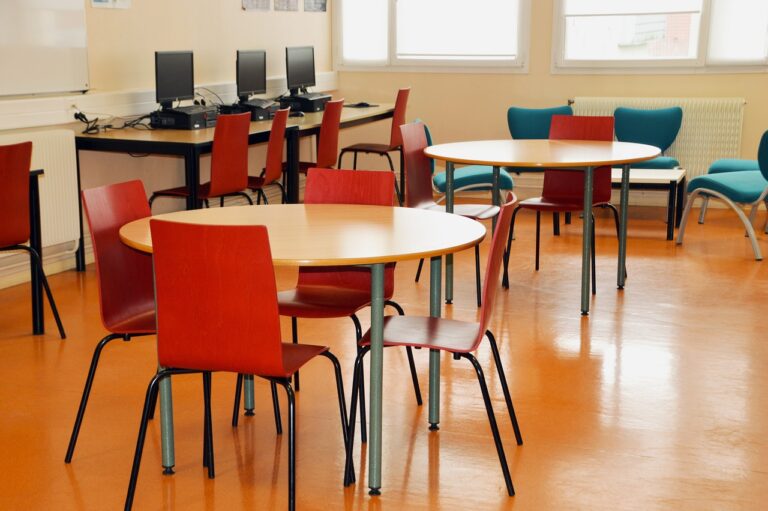Teaching Problem-Solving Skills in Schools
Problem-solving skills play a crucial role in preparing students for real-world challenges they will encounter in their future careers. These skills help individuals think critically, analyze situations, and develop effective solutions to complex problems. By fostering problem-solving abilities in education, students are better equipped to navigate through various obstacles and make informed decisions.
In addition, problem-solving skills are essential for promoting innovation and creativity among students. When learners are encouraged to think outside the box and tackle problems from different perspectives, they are more likely to discover unique solutions and new approaches to issues. By emphasizing the importance of problem-solving in education, schools can empower students to become confident, resourceful individuals capable of overcoming obstacles and contributing to society in meaningful ways.
Challenges Faced by Students in Developing Problem-Solving Skills
One common challenge students face in developing problem-solving skills is a lack of critical thinking abilities. Many students struggle to think analytically and creatively when faced with complex problems, leading to difficulties in identifying potential solutions. Without strong critical thinking skills, students may find it challenging to approach problems from different perspectives and come up with innovative solutions.
Another obstacle that students encounter in developing problem-solving skills is a fear of failure. The fear of making mistakes or giving the wrong answer can hinder students’ confidence in their problem-solving abilities. This fear of failure can prevent students from taking risks and exploring new strategies to solve problems, ultimately inhibiting their growth in developing effective problem-solving skills.
Why are problem-solving skills important in education?
Problem-solving skills are important in education because they help students think critically, analyze information, and find effective solutions to various challenges they may encounter in school and beyond.
What are some common challenges students face in developing problem-solving skills?
Some common challenges students face in developing problem-solving skills include a lack of confidence, limited exposure to real-world problem-solving scenarios, and difficulties in breaking down complex problems into manageable parts.
How can educators help students overcome challenges in developing problem-solving skills?
Educators can help students overcome challenges in developing problem-solving skills by providing opportunities for hands-on learning, encouraging collaboration and teamwork, and offering guidance and support as students work through different problem-solving tasks.
Can problem-solving skills be taught and improved over time?
Yes, problem-solving skills can be taught and improved over time through practice, feedback, and reflection. By engaging in problem-solving activities and reflecting on their strategies and outcomes, students can enhance their problem-solving abilities.
How can students apply problem-solving skills in real-life situations?
Students can apply problem-solving skills in real-life situations by identifying challenges, gathering information, brainstorming potential solutions, evaluating options, and implementing the best course of action. This process can be used in various aspects of life, from personal to professional settings.





